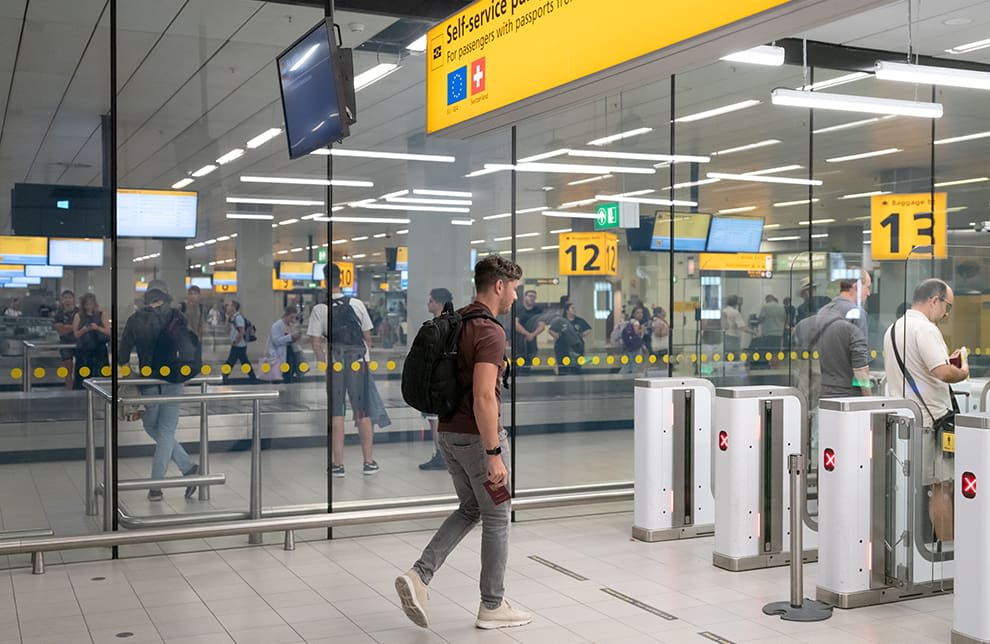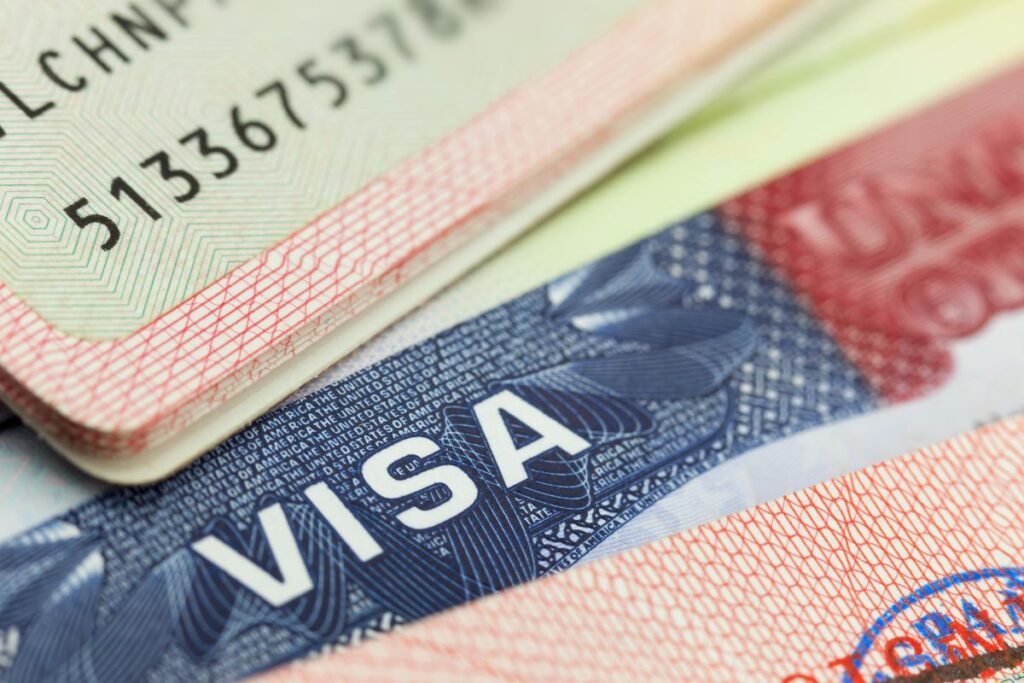
Key Points:
- The European Entry-Exit System (EES) is expected to be implemented in October 2024.
- Some EU airports are not prepared for the EES, and this may cause delays and longer waiting times at borders.
- British tourists are particularly concerned about the delays, as many of them travel to smaller airports that may not be prepared for the new rules.
- EU unprepared for EES rollout: The European Entry-Exit System (EES), requiring fingerprint checks for non-EU travelers, faces delays. Many airports, particularly smaller ones, lack the infrastructure (fingerprint scanners) to comply by the October 2022 target date.
- Potential for border chaos: Delays in EES implementation could lead to longer waiting times and disruptions at EU borders. This raises concerns for travelers, especially during peak seasons.
- Impact on British travelers: After Brexit, Britons lose their exemption from passport checks. The EES adds fingerprint checks, potentially causing delays, especially at unprepared airports. British tourists who frequent smaller destinations may be most affected.
How can we ensure a smoother transition?
- EU action needed: EU governments must prioritize funding for airports to upgrade infrastructure and train staff on the new system.
- Traveler preparation: Early enrollment in the EES (if possible) and familiarization with the procedures can help ease the process.
Stay informed: As the EES rollout progresses, staying updated on developments at your destination airport can help you plan accordingly. By working together, we can hopefully minimize disruptions and ensure a smoother travel experience for everyone.



